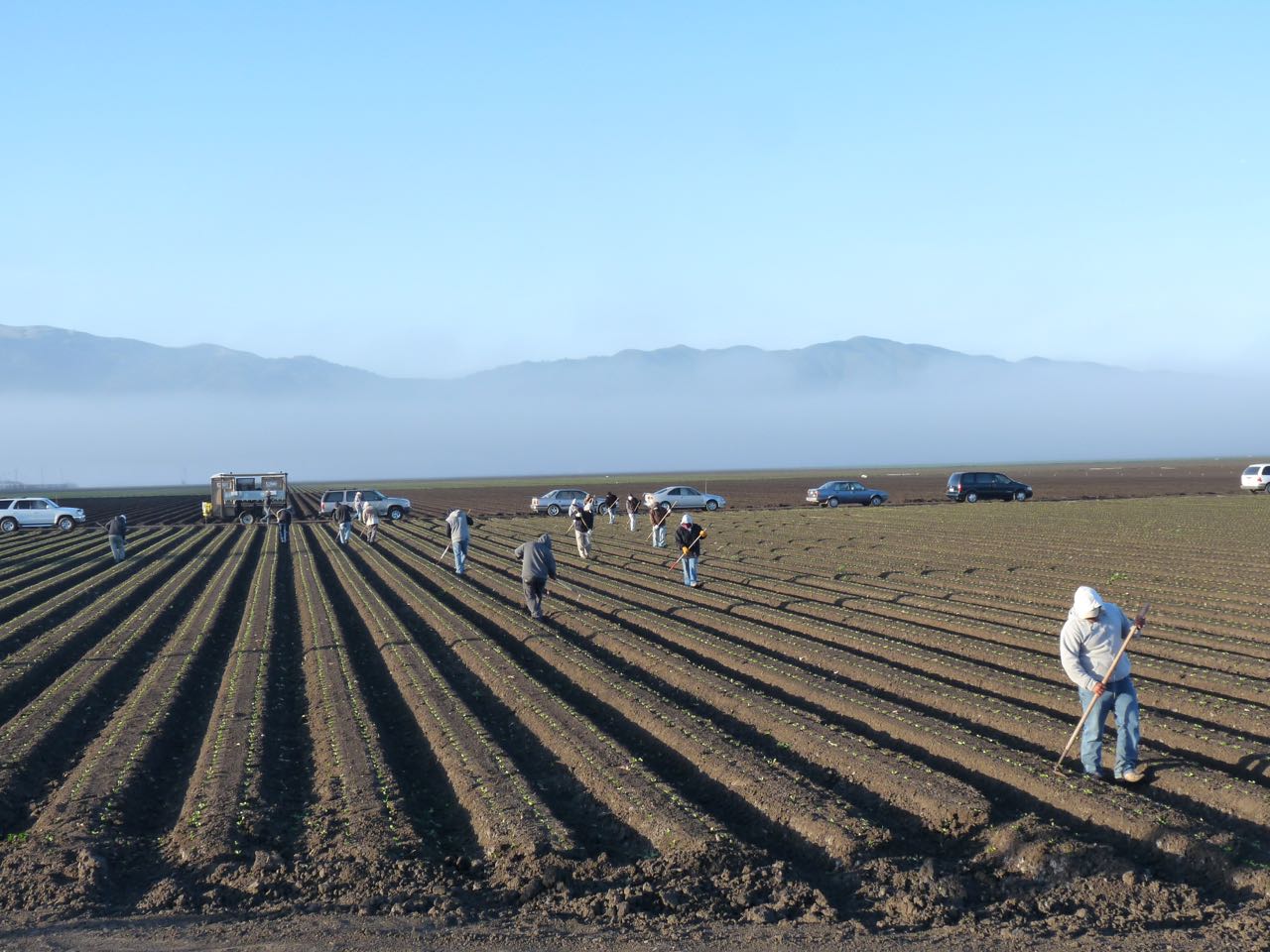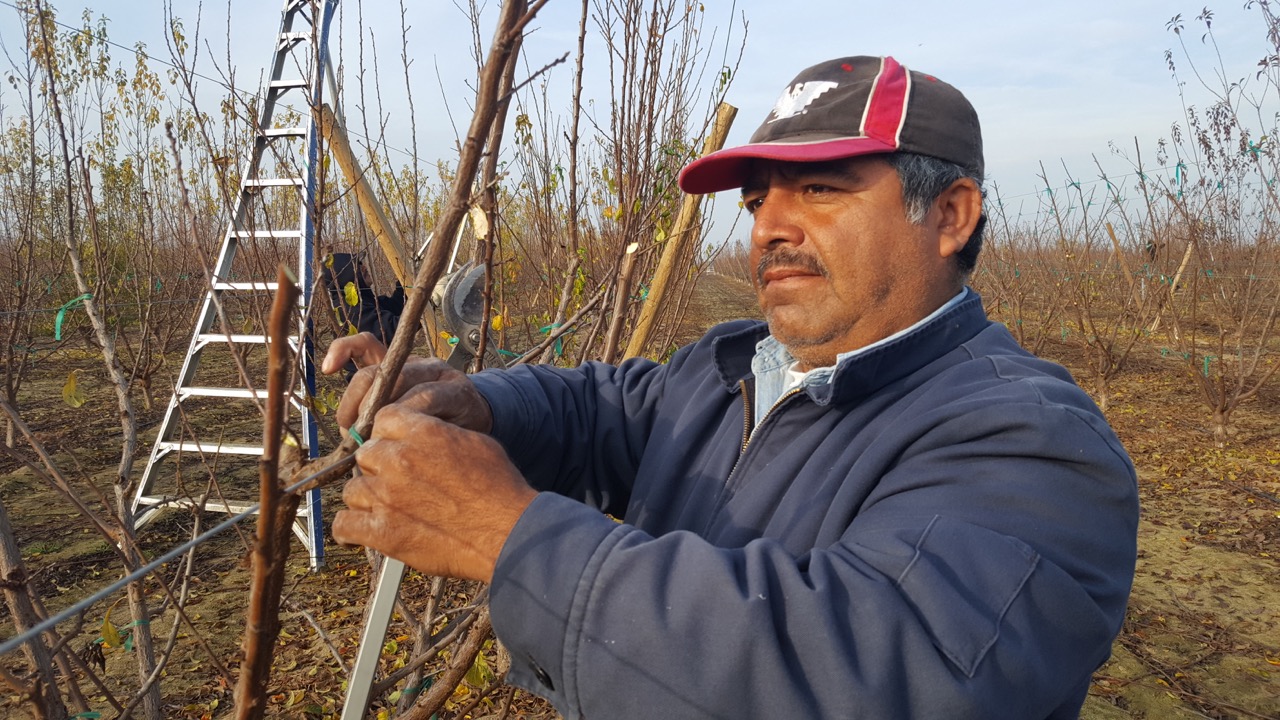Heat Illness Prevention for Workers
Training is Key to Heat Illness Prevention
(Part One of a Series)
By Patrick Cavanaugh, Farm News Director
Temperatures heating up throughout Central California are a reminder of the critical importance of heat illness prevention for farm employees working in the luminous fields.
Scott Peters farms peaches and nectarines in the Reedley and Dinuba areas of Fresno County. He carefully watches his workers. “During the high heat periods, we have to be very careful so the guys don’t get heat illness, heat stroke types of symptoms. So we have shade and cold water readily available. We’re working on portable toilets now that have covers over them so they’re not as warm, for summer use.”
Peters maintains that prevention is always the best way to keep workers safe. “It comes down to regular training,” he said.
“We also conduct heat illness training with all the field workers. We go over proper clothing— light-colored clothing, cool clothing, hats, bandanas and sunscreen—to help prevent issues,” Peters said. “If the field worker is safe and happy, he does a better job. It’s better performance and, all the way around, everybody benefits.”
And Cal/OSHA rules require certain provisions to ensure workers’ safety as the days warm up. “We have postings,” Peters said. “Our crew bosses have binders with all the heat illness information, emergency contact numbers – both company and medical – such as 911 and the local hospital. [These postings] are with them in their vans and [affixed] to our restroom units in the field.”












